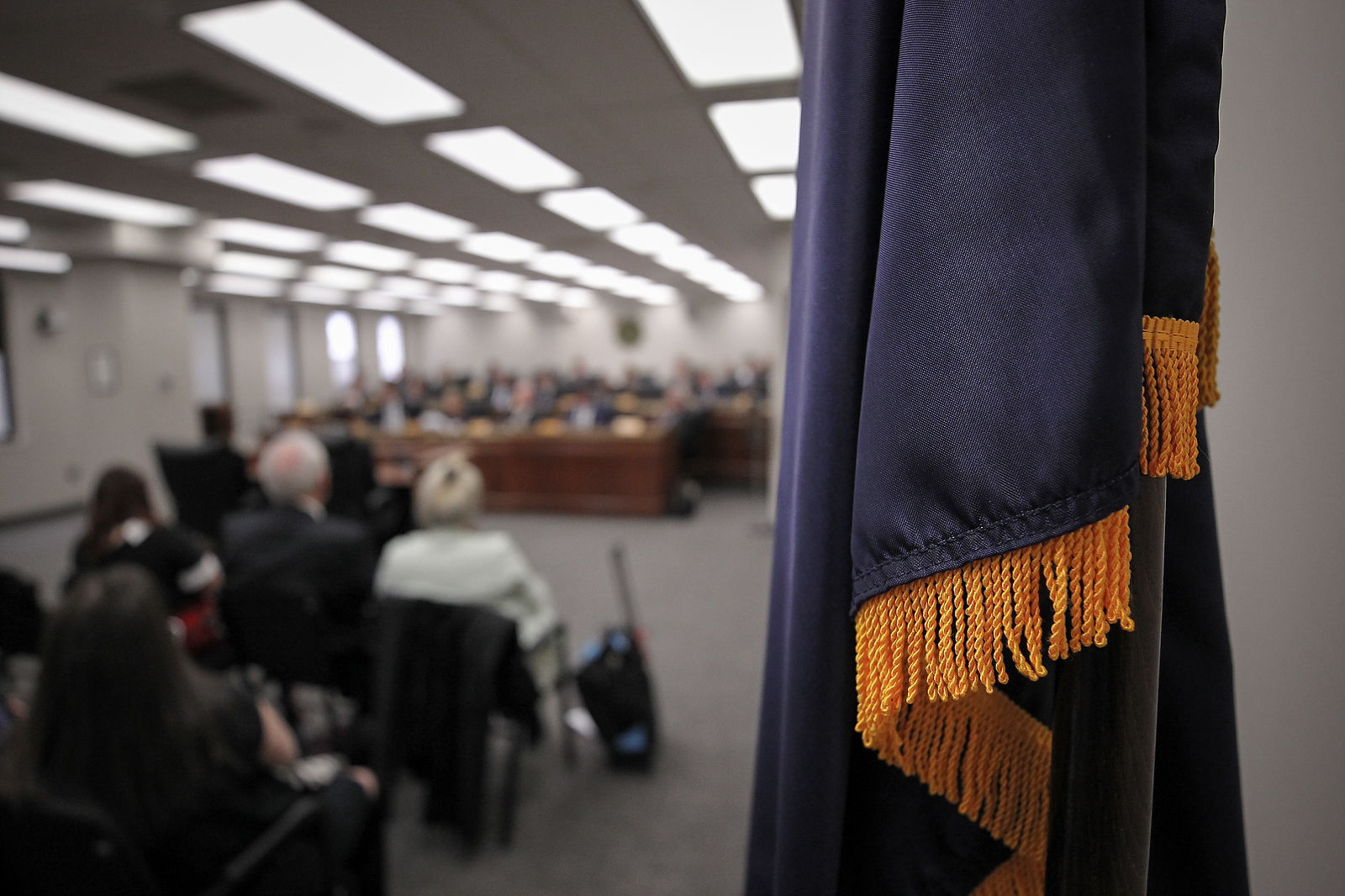‘No More Hiding,’ South Carolina Lawmakers Must Start Disclosing Their Committee Votes
It’s time to put everything on the record at the S.C. State House …
I don’t often give Nikki Haley much credit (not politically, anyway). And when it comes to transp
